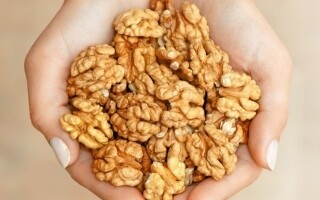The Australian University of Tasmania has conducted a study revealing that the ingestion of plastic waste causes brain damage in seabirds similar to Alzheimer's. Alix de Jersey, a doctoral student, led a group of scientists who analyzed the diet and blood of 'sooty shearwater' chicks, a migratory bird between the Sea of Japan and Lord Howe Island.
The results of the analyses, published in the journal Science Advances, indicate that plastic pollution leads to internal damage not visible to the naked eye, such as the decomposition of the stomach lining, cell rupture, and neurodegeneration. Unlike previous studies focusing on deceased or sick birds, scientists captured seemingly healthy specimens aged between 80 and 90 days to study their diet through induced vomiting.
One analyzed bird had 403 plastic fragments in its stomach, and 18 blood samples showed a high concentration of plastic. Low levels of BDNF proteins were found, associated with neurodegenerative diseases such as Alzheimer's and Parkinson's. According to Alix de Jersey, the decrease of BDNF in birds may impact their song control system and, therefore, the formation of pair bonds.
The researcher emphasized that low levels of BDNF are indicative of early cognitive decline, similar to what is observed in seabirds under 90 days. The study also revealed deficiencies in proteins associated with the liver and kidneys in birds, suggesting a malfunction of these organs. This research highlights the importance of addressing plastic pollution in the oceans to preserve the health of marine wildlife.














